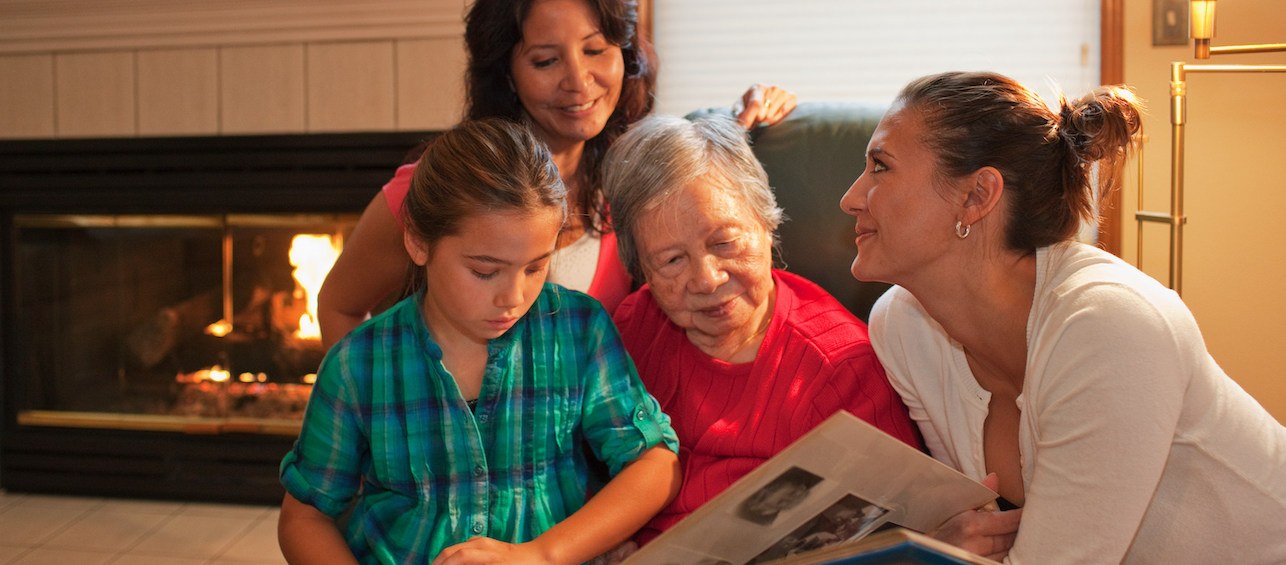For many families, the holidays mean visits to out-of-town family and friends. Unfortunately, unexpected illnesses can creep up any time – even on what’s supposed to be a fun holiday trip. When it comes to your kids’ health, a little prep work can go a long way if someone gets sick while you’re on the road. Use our holiday travel medical checklist to make things easier on yourself in case someone in your family needs medical attention while you’re away.
What to pack:
Mini medical kit
Tuck these items in a bag so you’ll have them if needed:
• Thermometer
• Over-the-counter (OTC) pain relievers such as acetaminophen or ibuprofen with appropriate measuring device
• Any other medications your child takes regularly
• Bandages and antibiotic ointment
• Wet wipes or hand sanitizer
Important phone numbers
Often when kids are sick away from home, parents just need to ask the doctor a question. Have important numbers at the ready so you can call for advice if needed. In addition to your pediatrician, include your child’s dentist, pharmacy, and any specialists your child may see. If these numbers aren’t already in your cell phone, now is a good time to add them.
Your child’s medical history
Your child’s medical history can be handwritten, printed from your computer, or stored in your phone. If your pediatrician has an online portal where all of this info is available, make sure you know your username and password for easy access while you’re away.
What should your child’s medical history include? You’ll know a lot of the essentials off the top of your head: name, address, date of birth, blood type, and any ongoing health problems or allergies your child has. Other details might be more difficult to recall. Some of the items it’s helpful to write down include:
• Dates of major surgeries (or child’s age at the time of surgery)
• Specialists your child sees
• Medications and dosages for each
• Immunization records
What to do:
Know the details of your insurance coverage.
You likely already carry your insurance card with you. But do you know the details behind your plan? Finding out the specifics ahead of time can save you a headache later. If visiting an ER or urgent care center out of town, it helps to know if you’ll have a hefty co-pay or other out-of-pocket costs. Also, ask what your insurance company considers an emergency, as the definition can vary based on your provider.
Be prepared to look for pediatric care if necessary.
There are differences between medical care for adults and medical care for kids. Pediatric urgent care centers offer treatments catered specifically to children. Before you head out after hours for your child’s earache, check to see if there’s a pediatric urgent care center nearby. It’s OK to take your child to an adult urgent care center if it’s your best option, but if a pediatric center is close, take advantage of it. If you happen to be in the Cincinnati area, here is information about our pediatric urgent care.
Plan a safe place for your infant to sleep.
When you travel, you might be content to sleep wherever there’s a spot, be it an air mattress or the couch. While that’s OK for older kids and adults, it’s not at all safe for babies. Make sure your baby will have a firm, safe place to sleep at your destination, or bring along your own portable travel bed. The American Academy of Pediatrics recommends placing babies on a firm sleep surface, covered by a fitted sheet that meets current safety standards.
Prep ahead to keep stress levels down on the go.
To help keep everyone content on the road, have multiple things to amuse and distract your kids. Pack some “surprise” toys, activities or treats your family doesn’t know about to hand out during travel. Usually an engaged and distracted child is less likely to be stressed and/or anxious. If traveling by plane, let children burn up energy at the airport by helping pull small suitcases or walking around while waiting on your flight or during layovers. Make sure to explain to children ahead of time what the airline security and boarding process will be like so they are not scared of uniforms, metal detectors, dogs or police.
We hope you have safe and enjoyable holiday travels!





